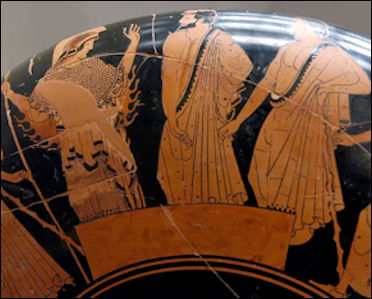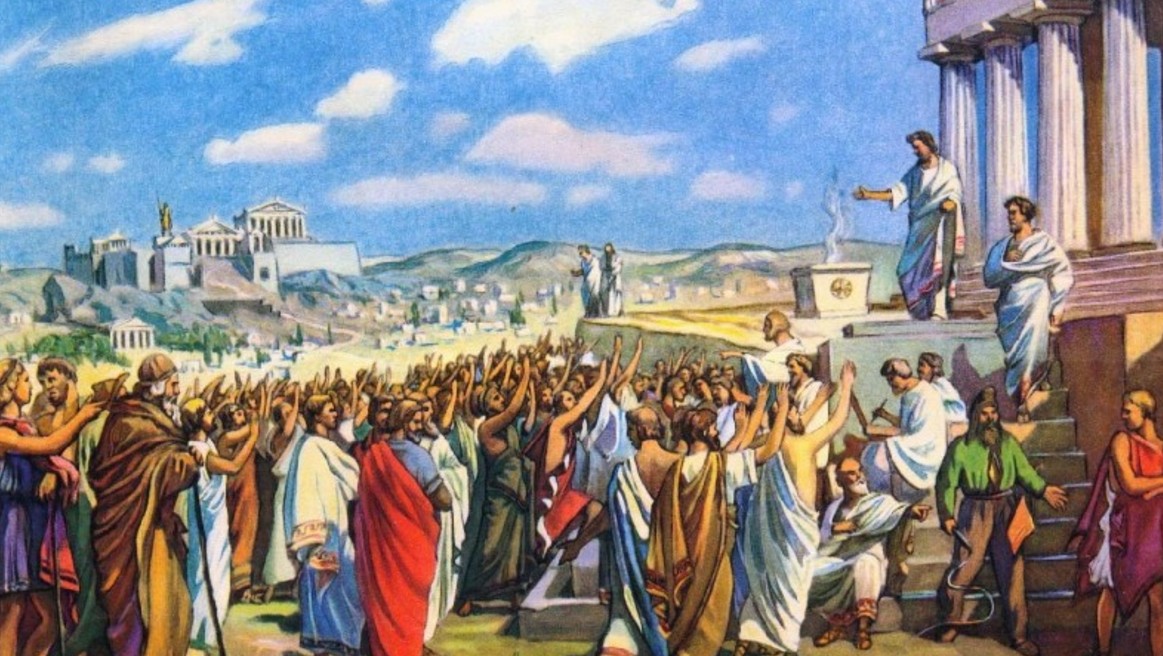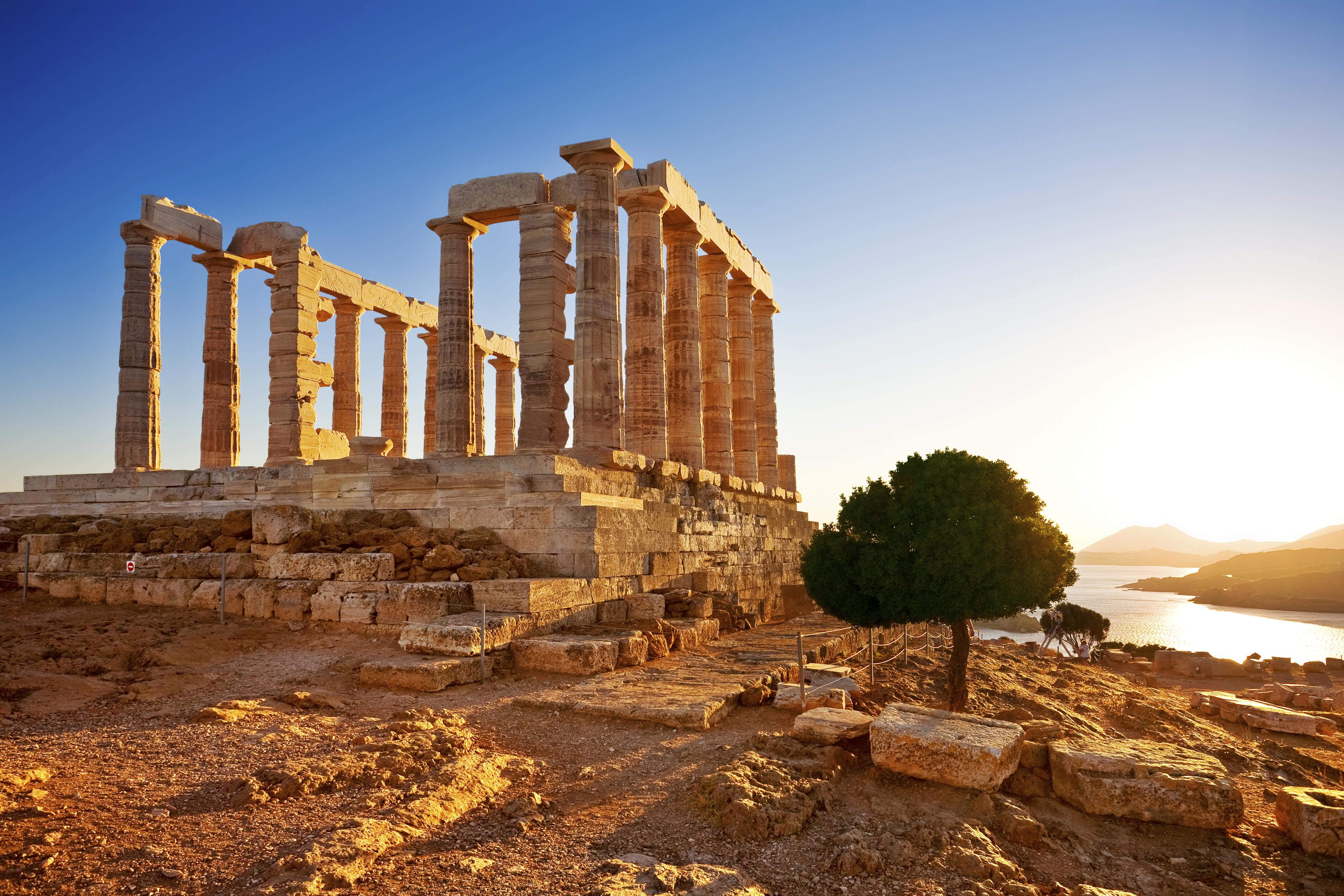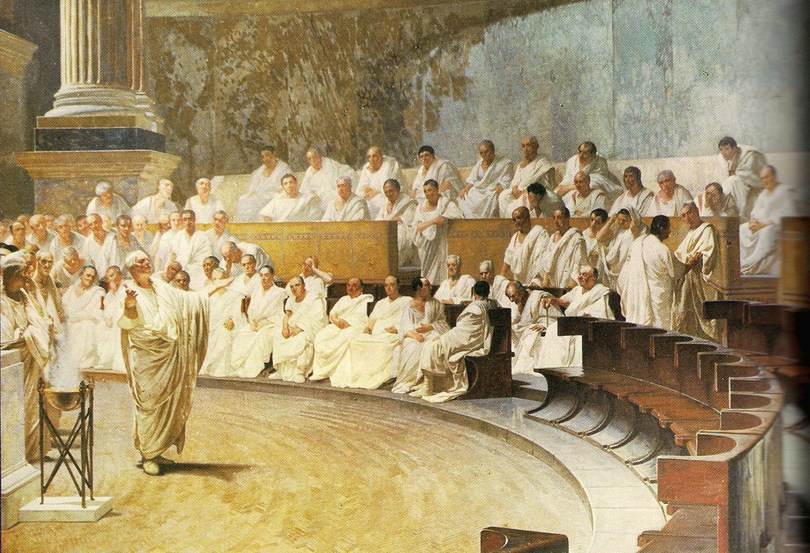What Is The Definition Of Democracy In Ancient Greece
In the 5th century BCE the Athenian democracy was made up of a set of assemblies and courts staffed by people with very short terms some as short s a dayover one-third of all. The Municipality ie the popular assembly of all Athenian citizens 20 years of age and older had collected all the powers after 462 BC.

Things You May Not Know About Democracy In Ancient Greece
Initially it only lasted for two centuries but the notion of people power or demokratia in Greek continues to be a foundation for many governments more than 2500 years later.

What is the definition of democracy in ancient greece. The more you look at the facts the more the ancient democracy of Athens and the democracies of today look different. Ancient Athens only allowed a very small group of men resident in Athens the vote. 15032019 The ancient Greeks were the first to create a democracy.
Democracy meant rule by the people oligarchy meant rule by the few. But first what does democracy mean. Democracy is from the Greek.
From the Greek meaning rule by the people. In modern times those forms of government in which all full adult members of a society or organization make up the policy-making body direct democracy or are represented by others who they elect to such a body representative democracy. 30102020 The opposite to monarchy rule of one democracy from the Greek word demokratia means government by the people or the rule of the majority.
Of all the great works of philosophy and art Ancient Greece gave the modern world the birth of democracy could be considered its most important achievement. City affairs were subject to an Assembly. During the Classical era of Ancient Greece many city-states had forms of government similar to a democracy in which the free non- slave native non-foreigner adult male citizens of the city took a major and direct part in the management of the affairs of state such as declaring war voting supplies dispatching diplomatic missions and ratifying treaties.
Although Athens is the most famous ancient Greek democratic city-state it was not the only one nor was it the first. Cracy derives from kratos which means strength or rule. The most important historical reference of direct democracy is to assembly democracy in ancient Greek city-states particularly Athens where decisions were taken by an Assembly Ecclesia of some 1000 male citizens.
28122020 The state of ancient Athens as it formed after the radical reforms of Kleisthenes Efialtes and Pericles was a direct democracy. Adult male citizens. In Ancient Greece all native born.
So democracy rule by the people. The concept therefore traces its origins from the ancient Greeks and fspecifically the city-state of Athens in the fifth century BC as earlier stated. The word democracy is derivative from the Greek words demos meaning people and Kratos meaning power.
Women and foreigners were excluded. So a city was a democracy if. 25102019 Athenian Democracy.
Democracy in Ancient Greece Democracy first appeared as a form of government in Ancient Greece around 800 BCE. Who invented the concept. March 18 2010 at 318 pm.
30092019 The End of Athenian Democracy In the year 507 BC the Athenian leader Cleisthenes introduced a system of political reforms that he called demokratia or rule by the people. Multiple other city-states adopted similar democratic constitutions before Athens. Precisely stated democracy is the rule by the people.
Yet the vast cultural differences between antiquity and modernity inevitably put some distance between ancient concerns and our own. For instance it might feature the selection of senators and congressmen by a random lottery with. To which all male citizens belonged.
It is called the government of the people by the people and for the people. Of all the definitions of democracy perhaps the best and most popular definition is the following. And in which decisions were made by simple majority vote.
In Ancient Greece some cities were democracies others were oligarchies. 23012019 An American political system that faithfully imitated the customs and institutions of ancient Greek democracy would be unrecognizable in many ways. And exercised them through the various bodies it appointed or controlled.
Athenian democracy developed around the 6th century BC in the Greek city-state known as a polis of Athens comprising the city of Athens and the surrounding territory of Attica. 22082019 The ideas of democracy justice and equality were central to political thought in ancient Greece and remain so for us today. Demos means more or less the people.
The word democracy comes from two Greek words that mean people demos and rule kratos. Democracy is the idea that the citizens of a country should take an active role in the government of their country and manage it directly or through elected representatives. Athens democracy also demanded a lot of time.
14062017 Democracy in Ancient Greece is most frequently associated with Athens where a complex system allowed for broad political participation by the free male citizens of the city-state. 19092017 Democracy in ancient Greece was a direct democracy In fact our modern democratic systems would be considered by Ancient Greeks as oligarchy meaning ruled by the few as opposed to true democracy which means power control by the people or the many. In practice this means power is held by elected representatives or by the people themselves.
Democracy entails a political community in which there is some form of political equality among the people.

Democracy In Ancient Greece Facts And Details

Greek Direct Democracy Youtube

Ancient Greece Principles Of Public Speaking

Top 7 Little Known Facts About The Athenian Democracy Greek Herald

All About The Oligarchy Of Ancient Greece

Ancient Greek Democracy Was It Similar To Modern Democracy Historyextra
What Are The Differences And Similarities Of Roman And Greek Politics

Every Cook Can Govern A Study In Democracy In Ancient Greece Its Meaning For Today

Post a Comment for "What Is The Definition Of Democracy In Ancient Greece"